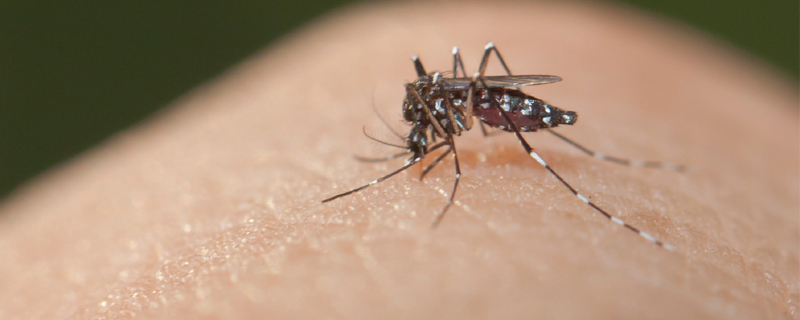As a precautionary measure, the Coachella Valley Mosquito and Vector Control District has notified the City of Cathedral City that it has begun intensified mosquito abatement control practices due to a resident testing positive for the Zika virus after returning from out of the country. The District is in the process of going door-to-door to notify 300 homes in the area bordered by Tachevah Drive, Date Palm Drive, 30th Avenue, and Landau Boulevard. They will conduct voluntary inspections of properties, and implement abatement processes where warranted.
Please know that there have been no locally acquired cases in Cathedral City, Riverside County or California. This is a travel-related case. The patient is not pregnant and is expected to fully recover.
Riverside County Department of Public Health and the Coachella Valley Mosquito and Vector Control District are the lead agencies handling this particular case. The city of Cathedral City is fully cooperating with these lead agencies and offering any assistance, if needed.
Here is some important information about the Zika Virus provided by the Riverside County Department of Public Health:
Zika is typically transmitted to people by a bite from an infected mosquito, however, it can also be spread from mother to unborn child, through sexual contact, and through blood transfusions. The mosquito that carries Zika has been found in portions of Riverside County, including Corona, Riverside, the Coachella Valley, and parts of the San Jacinto Valley.
About 80 percent of people who are infected with Zika do not have any symptoms. Illness may develop in 20 percent of infected people within three to seven days after a bite from an infected mosquito. Serious complications are extremely rare for the patient, but Zika has been linked to abnormal brain development in the baby when it infects a pregnant woman. Symptoms are generally mild and can last for several days to a week. Common symptoms of Zika include fever, rash, joint pain, conjunctivitis (red eyes), muscle pain or headache. Anyone who has these symptoms with a history of mosquito bites and travel to a Zika-affected area should see their medical provider.
There is no medication to treat Zika and no vaccine is currently available.
The best way to prevent Zika is to avoid travel to areas where active transmission is present. Zika is only one of several diseases that can be spread by mosquitoes. To protect yourself from mosquito bites, consider the following:
- Wear long-sleeved shirts, long pants, socks, and shoes.
- Use EPA-registered insect repellants and apply according to the label instructions.
- Stay and sleep in places with air conditioning and screened-in windows.
- If you are returning from a Zika area, which includes parts of Mexico, the Caribbean, most of Central and South America and some Pacific islands, wear insect repellant both there and also for at least three weeks when you return here to reduce the risk of spreading it locally.
Coachella Valley Mosquito and Vector Control District intensified measures will include the following activities:
- Mosquito traps will be set in the area and monitored weekly for 4 weeks.
- Trapped mosquitoes will be sent for arboviral testing.
- Technicians will search for standing water sources and active mosquito breeding sites and continue monitoring sites for 4 weeks.
- Door-to-door inspections will be carried out to search for mosquito breeding sources. Door hangers notifying residents of the inspections will be placed at residences at least 24 hours prior to the visit.
The public can play a critical role in helping to control the spread of mosquitoes and the viruses they may carry.
Prevent mosquito development in your yard:
- Inspect yards for standing water sources and drain water that may have collected under potted plants, in bird baths, discarded tires, and any other items that could collect water.
- Check your rain gutters and lawn drains to make sure they aren’t holding water and debris.
- Clean and scrub bird baths and pet watering dishes at least weekly.
- Report mosquito activity around your home to the vector control district.
For more information on mosquitoes and mosquito control activities, please go to the District website at www.cvmvcd.org or call (760) 342-8287.

